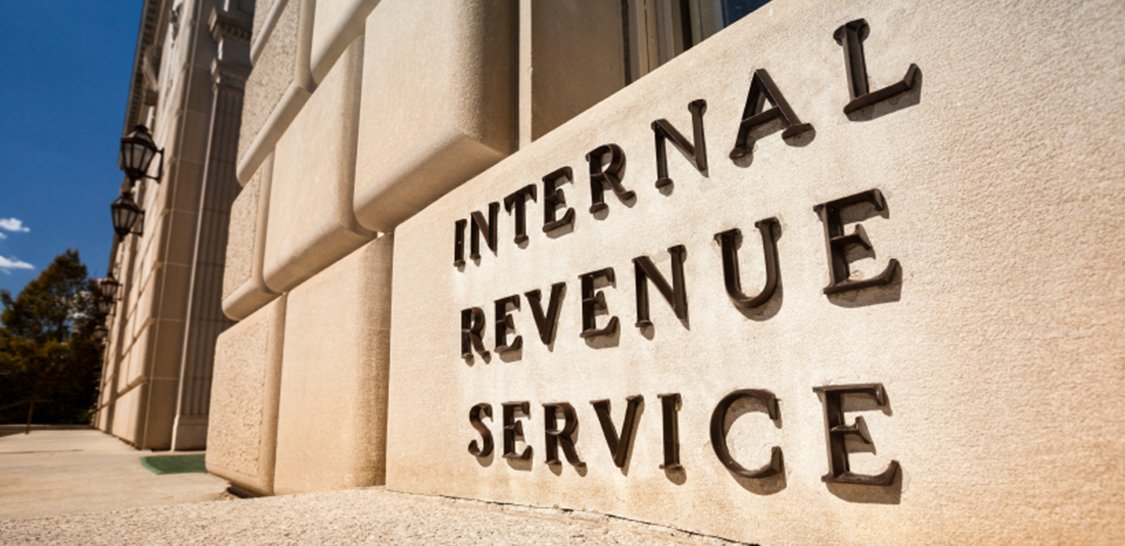While the Tax Cuts and Jobs Act of 2017 eliminated many personal itemized deductions, the IRS subsequently clarified that expenses unique to an estate or non-grantor trust would still be deductible. These expenses include attorney fees, accountant fees and other administrative expenses distinctive to an estate or non-grantor trust.
One aspect that was not clarified by the IRS was whether excess deductions on termination of an estate or non-grantor trust would still be deductible. Excess deductions occur in the final year of an estate or non-grantor trust when expenses, such as attorney fees, accountant fees and administration fees exceed income (interest, dividends etc.).
Before tax reform, excess deductions were passed out to residuary beneficiaries on a Schedule K-1 and then deducted by the beneficiary on Schedule A as a miscellaneous itemized deduction subject to two percent of adjusted gross income. Since then, the tax advisor community requested additional guidance from the IRS to clarify a beneficiary’s ability to claim excess deductions.
IRS guidance and example
The IRS clarified in its May 7, 2020 proposed regulations (REG-113925-18), that certain deductions are allowed to an estate or non-grantor trust because they are not miscellaneous itemized deductions. The IRS also provided guidance to help beneficiaries determine the character, amount and manner of the excess deductions they may claim on their individual income tax returns.
In the below IRS example, a residuary beneficiary would be able to claim excess deductions on his individual income tax return as a deduction allowable in arriving at the beneficiary’s adjusted gross income.
Assume that a trust distributes all its assets to B and terminates on December 31, Year X. As of that date, it has excess deductions of $18,000, all characterized as allowable in arriving at adjusted gross income under Internal Revenue Code Section 67(e). B, who reports on the calendar year basis, could claim the $18,000 as a deduction allowable in arriving at B’s adjusted gross income for Year X. However, if the deduction (when added to B’s other deductions) exceeds B’s gross income, the excess may not be carried over to any year subsequent to Year X.
The regulations are proposed to apply to tax years beginning after May 11, 2020. In addition, the IRS is permitting estates and non-grantor trusts and their beneficiaries to rely on the Section 67 proposed regulations for tax years beginning after Dec. 31, 2017, and on or before the date the regulations are published as final regulations. Taxpayers may also rely on the Sec. 642(h) proposed regulations for beneficiaries’ tax years beginning after Dec. 31, 2017, and on or before the date these regulations are published as final regulations in the Federal Register in which an estate or trust terminates.
Best practices for trustees, executors and beneficiaries
Trustees and executors should keep thorough records of all expenses. The excess deduction on termination may be comprised of several types of deductions, including (1) those deductions allowable in arriving at adjusted gross income under Code Sec. 62 and Code Sec. 67(e); (2) itemized deductions under Code Sec. 63(d) allowable in computing taxable income; and (3) miscellaneous itemized deductions currently disallowed under Code Sec. 67(g).
RKL’s team of estate and trust tax experts are available to help executors, trustees and beneficiaries properly calculate deductions and maximize tax benefits for the beneficiary. Contact your RKL advisor or reach out using the form below with any questions.




